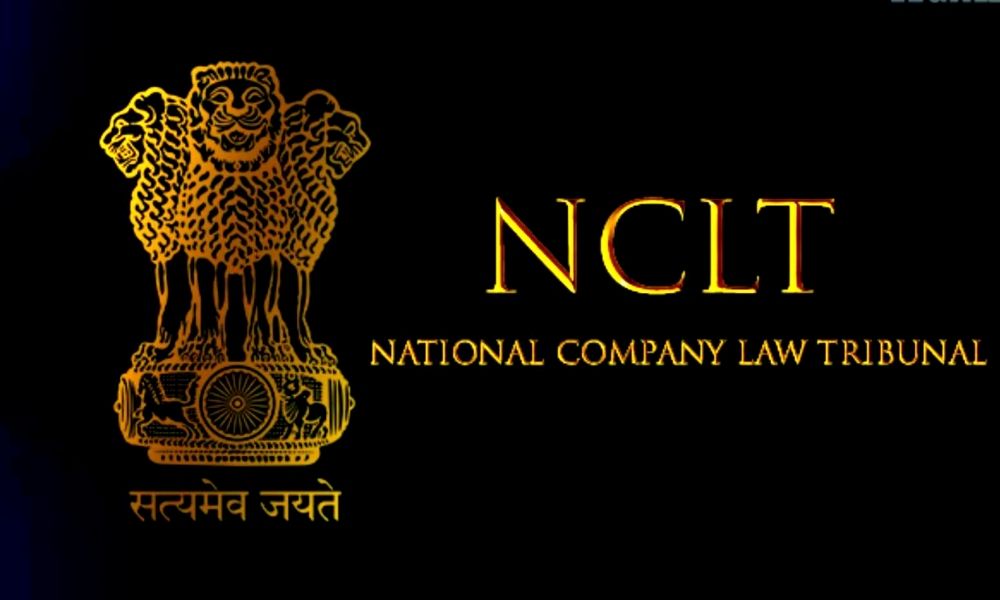Bhuvana Marni
Published on: October 6, 2022 at 20:21 IST
The National Company Law Tribunal has the discretion to refuse to allow the insolvency claim submitted by a financial creditor even though the corporate debtor is in default, the Supreme Court has said.
This decision was upheld in Vidarbha Industries Power Ltd. vs. Axis Bank Limited.
The Solicitor General (SG), Tushar Mehta, claimed that specific observations made in the Vidarbha Judgment could be interpreted in a way that might be incompatible with the goals and objectives of the IBC, rendering the law infructuous.
However, a division bench of Justices Indira Banerjee and JK Maheshwari refused to accept this claim.
The Vidarbha Judgment’s observations were in the context of the case’s circumstances, the Court ruled, therefore, the Solicitor General’s perception appears to be “misconceived.”
In this regard, the Court underlined that the observations made in a judgment should not be read as provisions of a statute.
“Judgments and observations in judgments are not to be read as provisions of the statute. Judicial utterances and/or pronouncements are in the setting of the facts of a particular case.”
“To interpret the words and provisions of a statute, it may become necessary for the Judges to embark upon lengthy discussions. The words of Judges interpreting statutes are not to be interpreted as statutes,” the Court observed while rejecting the review plea.
Judgments and observations in decisions are not to be read as provisions of the statute.
ES Krishnamurthy and Others vs. Bharat Hi-Tech Builders Pvt Ltd (2022), which stated that under Section 7(5) the NCLT must either admit or reject an application for CIRP and that it cannot compel a party to the proceedings before it settles a dispute, was cited by SG Tushar Mehta in support of his position.
The Court clarified that the issue of whether Section 7(5) was required or discretionary was not being considered in the case of ES Krishnamurthy.
“What was in issue in Krishnamurthy’s case (supra) was whether the adjudicating authority could foist a settlement on unwilling parties. That issue was answered in the negative,” the Court ruled.
Therefore, it came to the conclusion that there were no good reasons to support the review of the verdict and dismissed the petition.
According to the Supreme Court’s ruling in the Vidarbha Industrial Case, even if the corporate debtor is at fault, the adjudicating authority is not required to accept the insolvency application submitted by the financial creditor and to start the Corporate Insolvency Resolution Process (CIRP).
“…when admission is opposed on the ground of existence of an award or a decree in favour of the Corporate Debtor, and the Awarded/decretal amount exceeds the amount of the debt.”
“The Adjudicating Authority would have to exercise its discretion under Section 7(5)(a) of the IBC to keep the admission of the application of the Financial Creditor in abeyance, unless there is a good reason not to do so,” the Court had observed.
Senior Advocate Jaideep Gupta with advocates with Venkatesh, Suhael Buttan, Vikas Maini, and Abhishek Nangia of SKV Law Offices represented VIPL.

